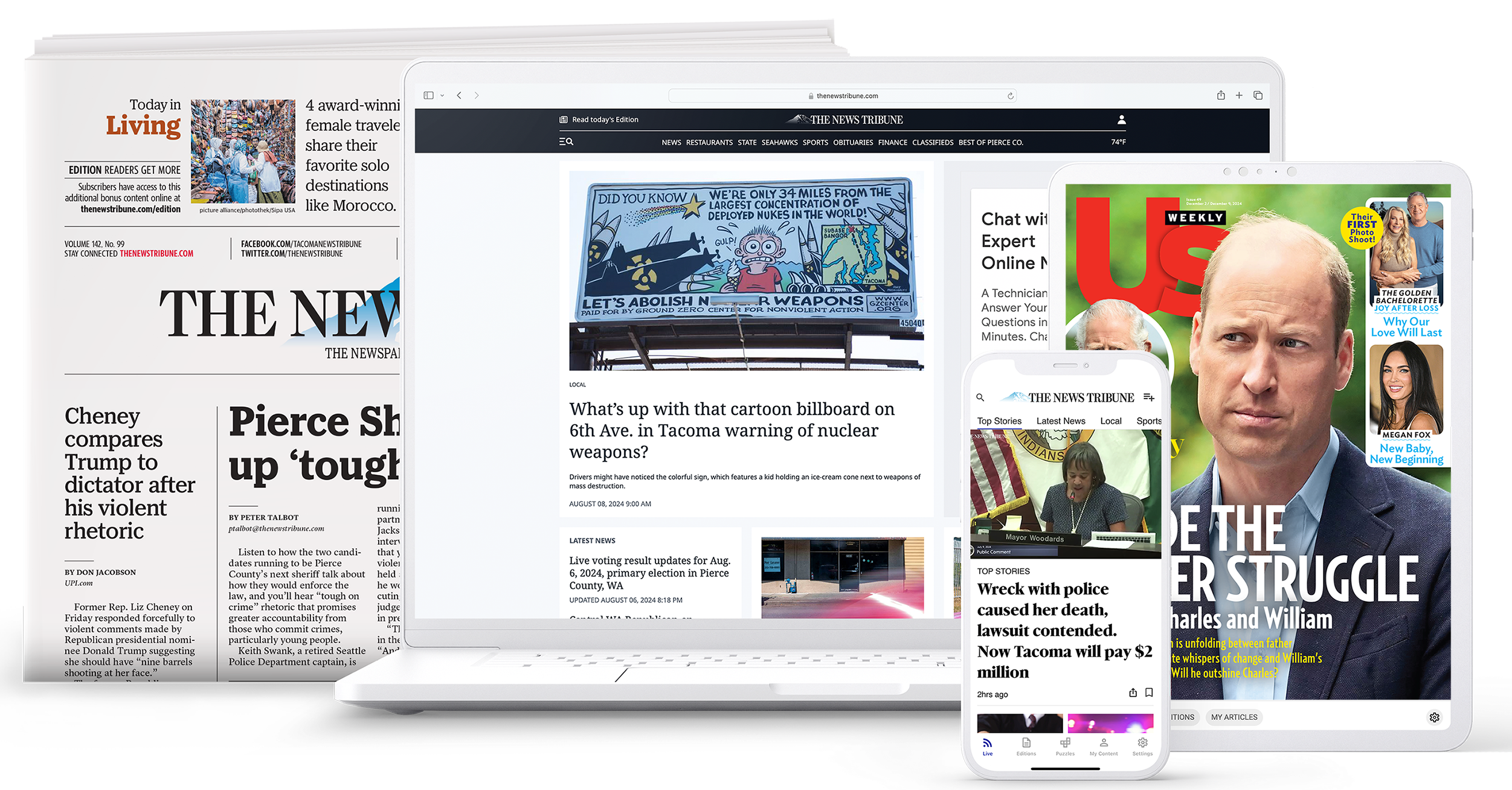How to Leverage stnews.live for Daily Updates
The Impact of Social Media Site en route We Take In News Online
Social media has fundamentally transformed news usage. It gives immediate accessibility to information, typically overshadowing conventional media outlets. Nonetheless, this fast dissemination includes challenges. Individuals face the risk of running into false information and ending up being entraped in resemble chambers. The formulas driving personalized web content can obscure varied viewpoints. As these dynamics develop, comprehending their implications comes to be vital for educated involvement in public discourse. What techniques might aid navigate this facility landscape?
The Advancement of News Consumption in the Digital Age
As innovation progressed, the method individuals eaten news changed considerably in the digital age (stnews.live). Traditional newspapers and relayed media began to decline as the internet became a main source of info. On the internet systems supplied instantaneous accessibility to news articles, videos, and podcasts, permitting individuals to remain notified any time. The benefit of smart phones better increased this shift, enabling individuals to obtain updates on the move
Furthermore, the increase of news collectors and websites helped with the consumption of diverse point of views, encouraging customers to tailor their news intake based upon personal interests. This evolution also prompted news organizations to adjust their approaches, concentrating on electronic web content and engaging visitors through multimedia layouts. Therefore, the standard barriers of time and space in news distribution decreased, bring about an extra instant and customized news experience for target markets worldwide.
The Role of Social Media Platforms in News Distribution
Social network systems have transformed news circulation by giving instant accessibility to details. Their algorithm-driven content curation often focuses on engagement over precision, resulting in considerable reliability obstacles (stnews.live). As customers browse this landscape, the effects for news usage and public discussion ended up being increasingly complicated
Instant News Access
Although standard news outlets have actually long been the primary resource of info, the surge of social networks systems has dramatically transformed just how news is accessed and taken in. Instantaneous news access has actually ended up being a hallmark of the electronic age, enabling individuals to get updates in genuine time. Platforms such as Twitter, Facebook, and Instagram enable news to spread rapidly, often going beyond conventional media in speed and reach. Individuals can share tales, discuss events, and involve with journalists, producing a dynamic communication in between the target market and news content. This immediacy fosters a society of urgency, motivating customers to seek info promptly. The expectation for prompt news has actually improved journalistic techniques, engaging news organizations to adjust their methods to fulfill the needs of a fast-paced electronic environment.
Algorithm-Driven Web content
While users actively engage with content on social media sites, the formulas that govern these platforms play an essential duty in establishing which news stories get exposure. These formulas examine customer behavior, preferences, and involvement metrics to curate individualized news feeds. Because of this, particular tales may be magnified while others stay obscure, commonly focusing on mind-blowing or trending topics over substantive coverage. This careful direct exposure shapes customers' assumptions of present events and influences public discourse. Additionally, the dependence on algorithm-driven material can develop echo chambers, where individuals are primarily exposed to perspectives that align with their very own beliefs. Subsequently, the characteristics of news distribution on social media systems considerably affect how people consume and translate information in the digital age.

Reputation Obstacles
As users increasingly transform to social media for news, the reliability of info experienced on these platforms ends up being a pressing issue. The decentralized nature of social media permits anyone to publish content, usually blurring the lines between trustworthy journalism and misinformation. Algorithms prioritize interaction over precision, resulting in the prevalent circulation of marvelous or misleading tales. This environment poses substantial obstacles for customers trying to determine reliable sources. Social media systems, while venturing to deal with misinformation via fact-checking and web content moderation, face objection for disparities and prejudices in their techniques. Ultimately, the responsibility lies with individuals to seriously evaluate the news they take in, as the rapid spread of information usually surpasses verification initiatives by systems.
The Rise of Person Journalism and User-Generated Web Content
The surge of resident journalism has actually encouraged everyday individuals to share news and perspectives, usually offering insights that standard media might neglect. This shift also offers significant obstacles, particularly the spread of false information that can occur from unproven material. As user-generated web content comes to be a lot more widespread, the equilibrium between genuine voices and precision in reporting remains an important concern.
Empowering Daily Voices

Obstacles of False information
While the surge of person journalism has actually opened avenues for varied voices in the media landscape, it has also introduced considerable obstacles connected to false information. The ease of sharing information via social media platforms enables individuals to share news quickly, but this quick spread frequently comes with the price of precision. User-generated content regularly lacks the extensive fact-checking and editorial oversight that traditional journalism gives. Consequently, sensationalized or incorrect stories can acquire traction, misinforming target markets and shaping public assumption (stnews.live). The blending of opinion and reality within social media complicates the difference between reliable details and false information. Consequently, consumers need to navigate a significantly intricate media setting, calling for vital assuming abilities to recognize dependable news sources in the middle of the sound

Misinformation and Its Effects for Public Discourse
As social media platforms progressively dominate the landscape of information circulation, the proliferation of misinformation presents significant challenges for public discussion. Misinformation, often created to misguide or prompt psychological feedbacks, can distort perceptions of reality and weaken rely on reputable resources. This sensation leads to polarized point of views, as people move in the direction of echo chambers that strengthen their beliefs, better lodging divisions within culture.
The effects for public discourse are extensive. When citizens depend on false details, significant discussion decreases, and the democratic process endures. Misinformation can provoke anxiety and confusion, affecting public health, safety, and political stability. Because of this, cultivating media proficiency ends up being crucial, encouraging people to critically assess info and recognize truth from fiction. Dealing with the difficulties postured by misinformation is essential for preserving the stability of public discourse and making certain a knowledgeable population capable of taking part in useful conversations.
The Impact of Formulas on News Exposure
Provided the main function of algorithms in identifying material exposure, their impact on news usage is extensive. These algorithms, made use of by social media sites platforms, prioritize particular sorts of web content based on user engagement and preferences. As an outcome, newspaper article that align with preferred trends or audience rate of interests are extra most likely to helpful hints be displayed plainly, while less thrilling stories might be overlooked. This produces an environment where customers are revealed mostly to information that reinforces their viewpoints, potentially causing resemble chambers.
Moreover, the constant development of algorithms means that news organizations need to adapt their approaches to align with these altering specifications, usually focusing on clickbait or emotionally charged headlines. The integrity of news coverage can be jeopardized, as critical tales might not obtain the visibility they are worthy of. The algorithmic shaping of news exposure as a result plays a vital role in influencing public assumption and understanding of current occasions.
The Shift Towards Aesthetic Storytelling in News Media
Significantly, news media is welcoming aesthetic storytelling as an effective device to engage audiences. This method leverages photos, videos, infographics, and interactive elements to share details better than traditional text-based layouts. As interest extends reduce, visuals provide a quick, impactful way to interact intricate tales and order viewers' passion.
Systems like Instagram and TikTok have additional increased this fad, compelling wire service to adjust their material methods to fit these visually-driven settings. By integrating engaging visuals, news electrical outlets can improve psychological connections and foster better understanding of topical problems.
Furthermore, visual storytelling enables more varied stories, showcasing numerous point of views through vibrant presentations. As audiences increasingly consume news via smart phones, the shift toward visuals not only accommodates customer choices but also helps to damage down barriers to info access. Inevitably, this evolution reflects a broader improvement in how news is generated and consumed in the electronic age.
Future Fads: Navigating the Changing Landscape of News Intake
While the digital landscape remains to progress, news intake is positioned for substantial transformation driven by arising technologies and changing target market behaviors. As expert system and maker learning breakthrough, customized news feeds will become more widespread, enabling users to receive material tailored to their rate of interests. This modification can bring about higher interaction however likewise raise concerns about echo chambers and false information.
Additionally, the surge of voice-activated gadgets and wise speakers will certainly affect how news is supplied, moving the emphasis from aesthetic to acoustic formats. This trend may encourage wire service to take on even more succinct and engaging audio article source content.

Regularly Asked Concerns
Just How Do Social Media Interactions Affect News Trustworthiness?
Social media site interactions can significantly influence understandings of news integrity. Involvement metrics, such as likes and shares, typically form audience trust fund, with prominent posts gaining perceived authenticity, despite the precision or reliability of the information presented.
What Function Do Influencers Play in Shaping News Narratives?
Influencers significantly shape news stories by leveraging their systems to intensify certain stories, typically tailoring web content to their audience. This can bring about biased viewpoints, influencing public understanding and prioritizing sensationalism over valid reporting.
Exactly How Can Users Identify Reliable News Sources on Social Media?
Individuals can identify dependable news sources on social media by inspecting the source's integrity, validating truths through multiple electrical outlets, evaluating the professionalism and trust of the content, and acknowledging potential predispositions in reporting to guarantee accurate information.
What Effect Does Social Media Have on Conventional Journalism Jobs?
Social network significantly influences typical journalism jobs by modifying income models, lowering need for print media, and cultivating competitors from citizen journalists. Several specialists face task instability and must adapt to rapidly transforming media landscapes.
How Do Various Demographics Consume News on Social Media Site?
Various demographics exhibit diverse preferences for news consumption on social networks. More youthful target markets prefer platforms like TikTok and Instagram for fast updates, while older individuals often tend to prefer Facebook and Twitter for much more thorough conversations and short articles.